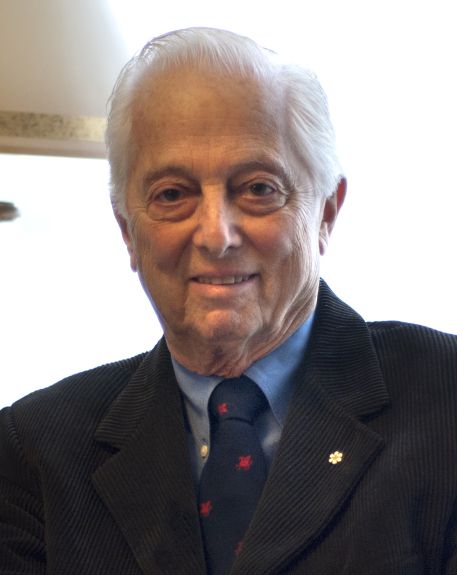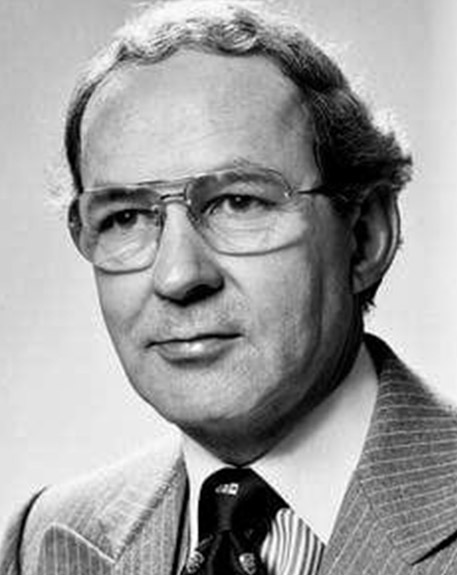2001 INDUCTEE Frederick Montizambert, MD Infectious Disease, Allergy & Immunity, Leadership in Organizational Development, Public Health, Health Promotion & Advocacy, Patient Care
February 3, 1843
(Québec City, Québec)
November 2, 1929
Université Laval (1861)
MD, University of Edinburgh (1864)
1916: Companion of the Order of St Michael and St. George
1903: Companion of the Imperial Service Order
See All AwardsAwards & Honours:
1916: Companion of the Order of St Michael and St. George
1903: Companion of the Imperial Service Order
1893: Honorary Member of the Société Française d’Hygiène
1893: Honorary Member of the National Academy of Medicine
1866: Canada General Service Medal
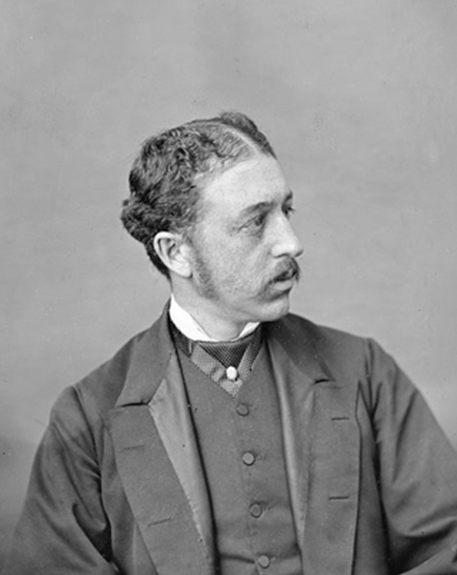
Transformed Canada’s management of infectious disease
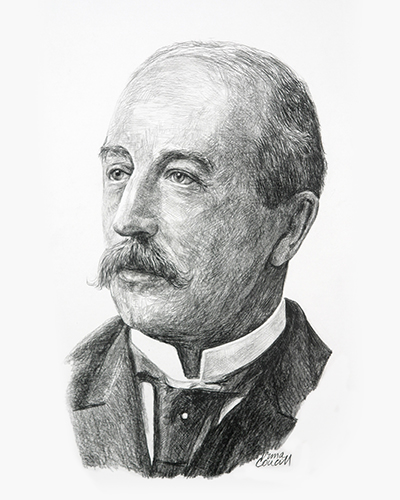
A pioneer in Canadian public health
Dr. Frederick Montizambert was one of the first doctors in North America to realize and understand the importance of bacteriology as it relates to infectious disease.
After receiving his MD at Université Laval, Dr. Montizambert travelled to Edinburgh for further training before taking up the post of medical superintendent of the Grosse-Île Quarantine Station in 1869, a post he held for thirty years.
At the time, the Station, which was the main point of entry for all immigrants coming to Canada from Europe, had a long history of deadly cholera epidemics. Dr. Montizambert’s innovative quarantine methods, based on a knowledge of the newly discovered “microbes” and their relationship to contagion, succeeded in reducing morbidity and mortality among the vulnerable newcomers.
Key Facts
Served as Canada’s first Director General of Public Health
Travelled often to the United States to attend sanitary conferences
Transformed Grosse Ile from a detention facility to a sanitization centre
Advocated for compulsory vaccination
Advised the federal government of a number of public health issues including medical research funding and infectious disease control
Elected President of the American Public Health Association
Professional timeline
Impact on lives today
Not only did Dr. Montizambert improve our understanding of the role of bacteriology in the fight against infectious disease, but by transforming Grosse Ile into a sanitization facility, he also became a model and champion of public health. His actions embraced the newest science of the day and challenged governments to improve their capacity to manage health rather than attend only to the consequences of infectious disease. His perseverance in the face of hesitation as well as his success in establishing improved health standards remain potent examples of the importance of prioritizing health.

2001
-
Frederick Montizambert posthumously inducted into the Canadian Medical Hall of Fame
Winnipeg, Manitoba
-
The federal government established the Department of Health
Leadership in Organizational DevelopmentAfter years of tireless work and advocacy, Dr. Montizambert’s wish for a dedicated national department was realized.
-
Dr. Montizambert was tasked with establishing the Department of Agriculture’s first section devoted to public health
Leadership in Organizational Development, Public Health, Health Promotion & AdvocacyAs a result, he was appointed Director General of Public Health and was responsible for the administration of quarantine stations throughout the Dominion.
-
Dr. Montizambert’s public health success did not go unnoticed
Infectious Disease, Allergy & Immunity, Leadership in Organizational DevelopmentIn 1894, he was appointed Superintendent of Canadian Quarantine stations.
-
Dr. Montizambert built a laboratory at Grosse Isle
Infectious Disease, Allergy & ImmunityThis development allowed for faster identification of infectious bacteria.
-
Robert Koch discovered the cholera bacillus
Infectious Disease, Allergy & Immunity, Public Health, Health Promotion & AdvocacyThis discovery facilitated a new age of public health. Dr. Montizambert was among the earliest physicians in Canada to embrace bacteriology and implement public health measures that target the elimination of germs, including vaccinations and the use of disinfectants.
-

At the age of 26, Dr. Montizambert became medical superintendent at Grosse Île
Infectious Disease, Allergy & Immunity, Public Health, Health Promotion & Advocacy, Leadership in Organizational DevelopmentFaced with a growing influx of new immigrants to Canada, he set about the task of improving the station’s public health practices. He served in this role for the next 30 years.
-

After two years of study at the Université Laval, Frederick Montizambert pursued medical training abroad
He completed his medical degree at the University of Edinburgh before he returned to Canada to established his private practice.
-
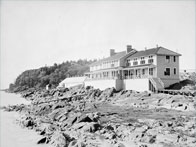
Grosse Ile Quarantine Station opened
Infectious Disease, Allergy & ImmunityThe station represented one of the few permanent establishments available for those looking to work in public health. Thousands of immigrants would pass through on seeking entry into Canada.
1832
He was a man of action and determined vision.

